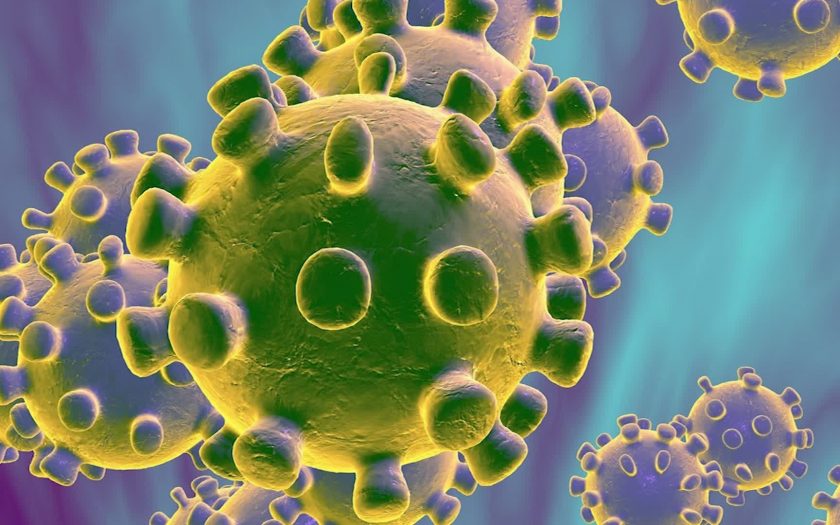Absolutely everyone should be interested in information about the incurable, at the moment, disease – coronavirus. Some people buy masks at the pharmacy, stock up on antiseptics and other means, others ignore the threat and increase the risk of infection not only themselves, but also those around them. There are many rumors and false information about the virus. But there are proven ways to significantly reduce the risk of infection. All the rules are the same as for the classic respiratory illness.
Do not forget that in addition to coronavirus, flu season is still underway, and it is a very dangerous disease that is underestimated around the world – on average 1,500 people die each year per season of flu. Compliance with the rules is also useful in a number of other infectious diseases. None of these rules can guarantee complete protection against infection, but the likelihood is significantly reduced.
Frequent hand washing
Centers for Disease Control and Prevention put handwashing first among ways to protect against viral infections. Although this may seem routine, it is the most effective prophylaxis against all infectious diseases. After all, we constantly touch something, take in hands, and then touch the face and infection occurs through our nose, mouth, eyes.
Most people do not wash their hands properly or only rinse their hands. You need to wash hands at least 20 seconds, and even better – half a minute.
It should be understood that hands should be washed not only after returning from the street to the home, but also before each meal.
Caution in contact with potentially infected people
According to healthcare providers, people should monitor their surroundings more closely and identify potential hazards. This is especially true for those who have visible signs of an infectious disease – that is, they sweat, tremble from the cold, cough excessively or sneeze and do not follow hygiene rules.
It is worth staying at a distance of minimum 1 meter from other people, this significantly reduces the risk of infection, especially in public transport or other confined spaces.
In public places it is worth using protective masks and disposable gloves and changing them regularly.
The right way to cough
People with acute respiratory infections should observe “cough etiquette” – keep a sufficient distance from others, cough and sneeze into the sleeves, cover their mouth and nose with a disposable napkin, then dispose of it to a closed garbage bin. Experts do not recommend coughing in the palm of your hand, as pathogens can catch on the skin and then pass on, for example, to a door handle or hands of another person when shaking hands.
The use of disinfectant
Specialists recommend alcohol-based disinfectants if a person does not have access to soap and running water. These means are usually sold in pharmacies and supermarkets. Also disinfect objects that you often touch – a phone, keyboard, computer mouse, door handles, elevator buttons, etc.

